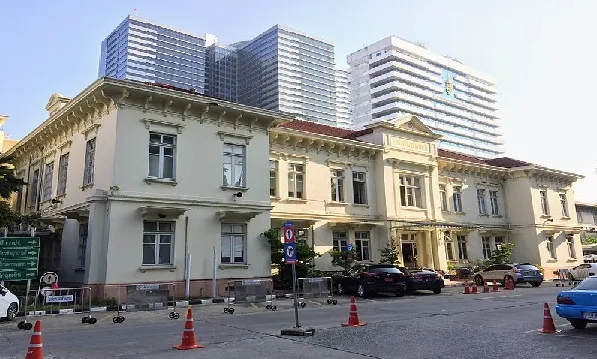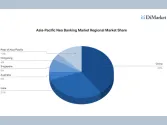
Thai universal healthcare policy under threat as more budget cuts loom
Reforms may not materialise, analysts warn.
Tight-fisted government officials are a key threat to Thailand's nascent universal healthcare system, a report by BMI Research said.
In 2017, for instance, Thailand’s military government reduced the National Health Security Office (NHSO)’s funding of healthcare services by THB13bn (USD390mn) from THB141bn (USD4.2bn) to THB128bn (USD3.8bn) for the country’s 48 million people covered by the universal healthcare system.
"Political developments in Thailand will continue to exacerbate the financial challenges facing the country's universal healthcare," the report said. "Healthcare policies shift under each government."
The National Health Security Office (NHSC) expressed concerns that cutbacks in the government’s budget for free healthcare from THB3,374 (USD101.3) to THB3,100 (USD93.1) per person per year will affect the health service quality in state hospitals.
In addition, the junta has pushed various attempts to cut the budget for the universal healthcare policy and remove it from the junta-sponsored constitution.
Still, a possible reform in the 30-Baht universal healthcare model has come to the fore with authorities disclosing plans to shift the existing universal healthcare system towards a form of co-payment. Other reform plans include restricting universal healthcare to the 14mn citizens registered as poor
"We highlight that this will mark a distinct shift in the model of healthcare financing in Thailand which will impact the access to medicines of the 48mn people covered under the 30-Baht scheme. This in turn will weigh on the overall commercial opportunities for pharmaceutical companies in Thailand," the report noted.



















 Advertise
Advertise





